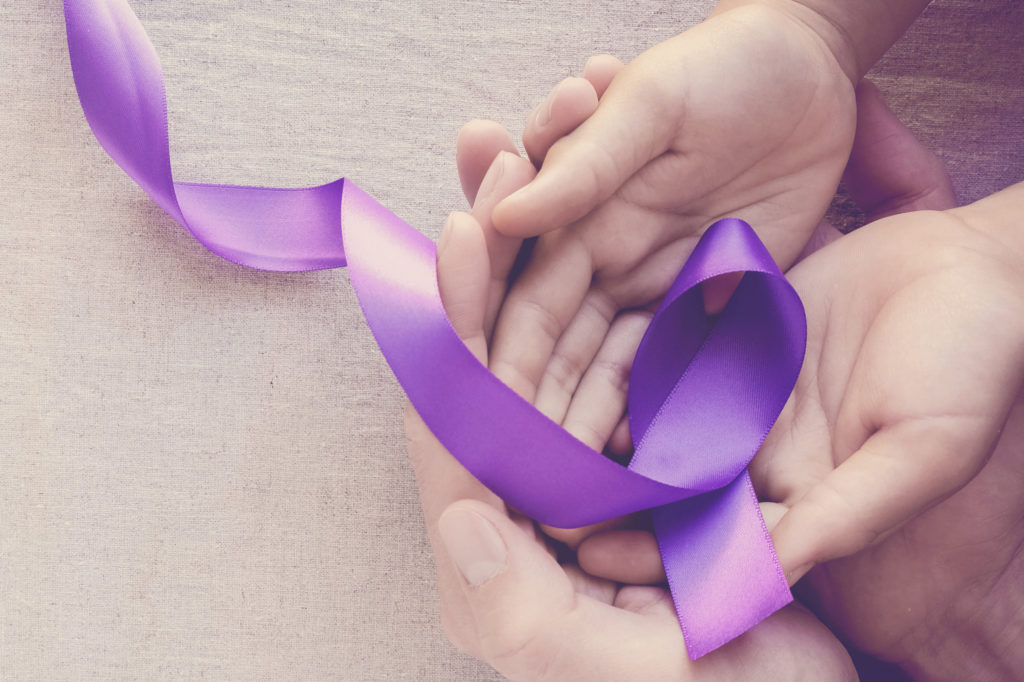Wednesday, August 31 is International Overdose Awareness Day. This initiative was created to remember the lives taken from overdoses, support those grieving the loss of their loved ones, and educate the public to prevent overdoses.
Millions of Americans each year struggle with mental illness and substance use disorder. During the past few years, the behavioral health crisis in the U.S. has hit an all-time high.
Some vital statistics showing the devastating impact of drug overdoses in the U.S. include:
- Overdoses are the leading cause of injury-related death in the U.S.
- About 105,000 Americans died from a drug overdose in 2021.
- Opioids are a factor in 72% of overdose deaths in the U.S.
- About one million people have died from drug overdoses since 1999.
- Men are more than twice as likely as women to die from drug overdose, but women are dying from drug overdoses at a slightly faster annual rate.
Unfortunately, these numbers continue to increase. In 2020, the drug-induced mortality rate increased by 30%, marking staggering increases across all populations.
There are many factors contributing to the rise in overdose-related deaths. Lack of access to behavioral health care and the stigma around mental health and substance use disorder can be major roadblocks for people in need of care.
We have lost far too many lives from drug overdoses already. How can we, as a society, change the course? How can we end the drug epidemic in the U.S. and save the lives of millions?
On International Overdose Awareness Day, we can do our part in rewriting the script. We can honor those whose lives were cut short due to overdoses by knowing what to do in the event of an overdose and supporting our loved ones when they are struggling.
One of the main initiatives for International Overdose Awareness Day is to educate the public on what to do in the event of a drug overdose. Preparing yourself for the worst may end up saving someone’s life.
Here are the steps you should take if you believe someone is overdosing.
1. Know the signs
Recognizing the signs of an overdose could save their life. Some common signs include:
– Limp body
– Cold, clammy skin
– Discolored lips and nails
– Loss of consciousness or falling asleep
– Slow, weak, or no breathing
– Small, constricted “pinpoint pupils”
– Choking or gurgling2. Call 911
If an individual is showing any signs of an overdose, call 911 immediately. Don’t leave the person alone and stay by their side the entire time until help arrives.
3. Administer naloxone
Naloxone is a medicine that can reverse the symptoms of an overdose from heroin, fentanyl, and prescription opioids and usually comes in a nasal spray. If you have naloxone on hand, administer it to the individual.
You should carry naloxone if you or someone you know are:
– At an increased risk of opioid overdose, especially those with opioid use disorder (OUD)
– Taking high-dose opioid medications prescribed by a doctor
– Have both opioid and benzodiazepines prescriptions or use illicit substances like heroin or fentanylIt is important to note that you cannot use naloxone on yourself. If you experience an overdose, be sure to let someone know nearby that you are carrying naloxone on you.
If you suspect your loved one is suffering from substance use disorder, you can play a part in helping them get the help they need. Start the conversation by:
1. Finding a private setting with limited distractions
2. Asking them how they are feeling and explain your concerns
3. Acknowledging their feelings and listen without judgment
4. Providing reassurance by offering to help them locate and connect to treatment services
5. Continuing to reach out to them after to show you are always there to listenHelping your family and friends get critical behavioral health treatment when they need it can play a part in improving the overall state of mental health in our country. Your love and support can truly change their lives.
If you or a loved one are in need of mental health or substance use disorder treatment services, visit Treatment Connection to take our assessment and find a state-vetted treatment provider near you.
DISCLAIMER: THIS BLOG POST DOES NOT PROVIDE MEDICAL ADVICE
The information, including but not limited to, text, graphics, images, and other material (collectively, “Information”) contained on this blog post are for informational purposes only. None of the Information is intended to be a substitute for professional medical advice, diagnosis, or treatment. Always seek the advice of your physician or other qualified health care provider with any questions you may have regarding a medical condition or treatment and before undertaking a new health care regimen, and never disregard professional medical advice or delay in seeking it because of something you have read on this blog post.
